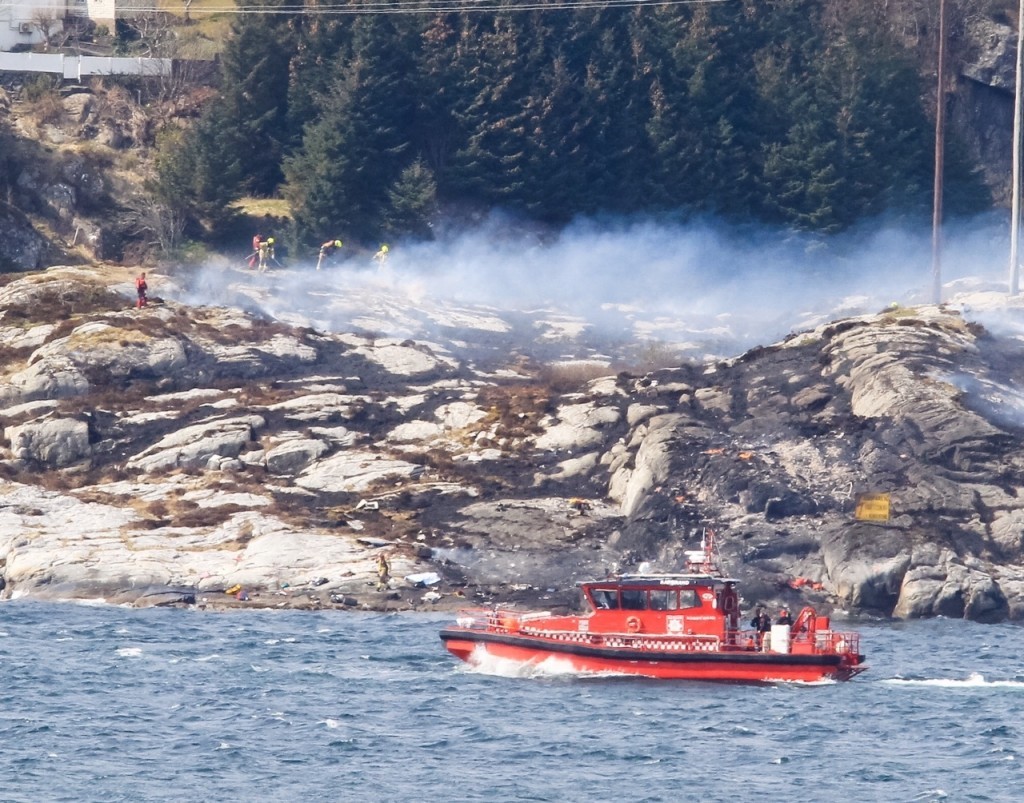
Offshore workers are refusing to fly in controversial helicopters until they are consulted on the lifting of a North Sea flight ban.
Aviation watchdogs announced the lifting of flight restrictions on Super Puma helicopters last week, in an unprecedented move.
The Airbus aircraft had been grounded by the UK and Norway since a fatal crash off the Scandinavian country last year, which killed 13 people including one Scot.
Critics said there was little to no warning of the sudden change of policy, especially as no root cause for the tragedy has yet been identified.
In a statement issued to the Offshore Helicopter Safety Leadership Group ‘extraordinary’ meeting in Stavanger this morning the unions and their members set out their stance against getting back into the aircraft.
Although not yet currently flying, the Civil Aviation Authority has paved the way to a possible return of the helicopters, with certain safety caveats.
But the RMT and Unite the Union have made a stand alongside members – while calling for a public inquiry into a string of accidents involving the choppers.
In a statement they said: “As trade unions, we fully support the principal of workforce engagement and we feel that Airbus and the regulators have fundamentally failed in this. We therefore find ourselves at odds with both Airbus and the regulators.
“As we see it, there is only one way to remedy this situation and that is a comprehensive and meaningful engagement exercise of offshore workers.
“We will therefore be requesting that all North Sea oil companies commence a structured and consistent survey of workers about this aircraft type.
“Until such an engagement exercise has been completed, the position of the trade unions representing oil and gas workers will be that our members refuse to fly.”
The unions added: “We shouldn’t have to remind the regulators and manufacturer, but the facts around “Super Puma” type aircraft are the most important issues to our constituents so we will; this aircraft type has been in the sea 6-times in little over 8-years; 65 people have been rescued from the sea; 33 people have been killed; and we still don’t have a root cause for the Norwegian tragedy.
“This is therefore a seriously important issue for our constituents.”
Recommended for you
